A new study published in Cell Reports details how a small-molecule inhibitor tested by researchers at Yale and Stanford may be the answer to blocking the spread of harmful mosquito-borne pathogens, including Zika and dengue viruses.
The molecule, dubbed NGI-1, was identified by co-author Joseph Contessa, M.D., an associate professor of therapeutic radiology and of pharmacology at Yale School of Medicine. In collaboration with Stanford researchers, Contessa’s team investigated whether NGI-1 could prevent replication of the viruses in host cells.
In experiments, the research team infected human cells with either dengue or Zika viruses and treated the cells with NGI-1. They found that the molecule treatment significantly limited replication of the viruses as well as infection in cells. Their experiments proved their theory that NGI-1 worked by specifically targeting an enzyme within the cells that the viruses use to copy themselves.
Additionally, the research team found that while NGI-1 restricted viral activity, it did not affect other cell functions, which suggests low risk of toxicity or side effects from the molecule treatment.
The researchers noted that because the molecule targets an enzyme common to host cells, instead of the individual viruses, the findings apply to other viruses of the same type.
“Our report shows, for the first time, that we can use a small-molecule inhibitor to block infection by the flaviviridae family of viruses,” Contessa said. “This group includes Zika, dengue, West Nile, and yellow fever viruses, which affect hundreds of millions of people per year worldwide.”
The team plans to develop the molecule into a drug to treat the viral infections, which don’t currently have any approved antiviral therapy. Such treatment would not only benefit infected individuals, but also potentially help stem the spread of outbreaks, said Contessa.
Other authors on the study are Andreas S. Puschnik, Caleb D. Marceau, Yaw Shin Ooi, Karim Majzoub, Natalia Rinis, and Jan E. Carette. Contessa is listed on a provisional patent as an inventor for use of the small molecule as an inhibitor.
The study was funded by the National Institutes of Health, David and Lucile Packard Foundation, Stanford Graduate Fellowship, and Boehringer Ingelheim Fonds.
Reference: “A Small-Molecule Oligosaccharyltransferase Inhibitor with Pan-flaviviral Activity” by Andreas S. Puschnik, Caleb D. Marceau, Yaw Shin Ooi, Karim Majzoub, Natalie Rinis, Joseph N. Contessa, Jan E. Carette, 12 December 2017, Cell Reports.
DOI: 10.1016/j.celrep.2017.11.054

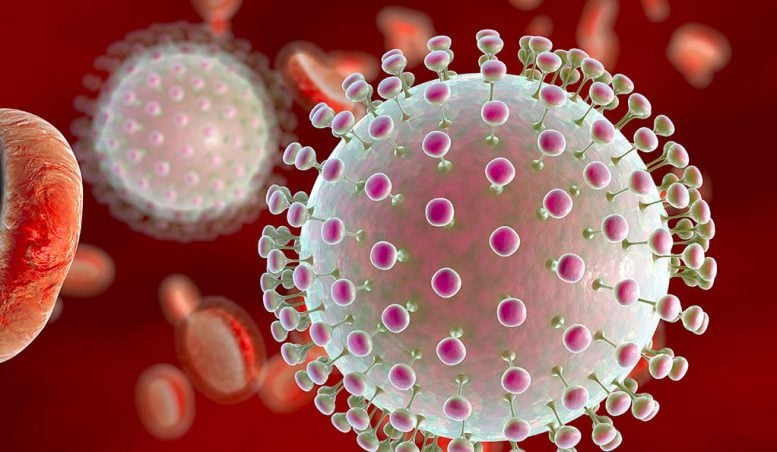
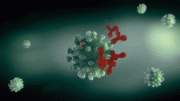

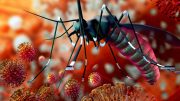

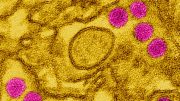


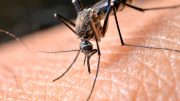
Be the first to comment on "Small-Molecule Inhibitor NGI-1 Blocks Zika and Dengue Viruses"